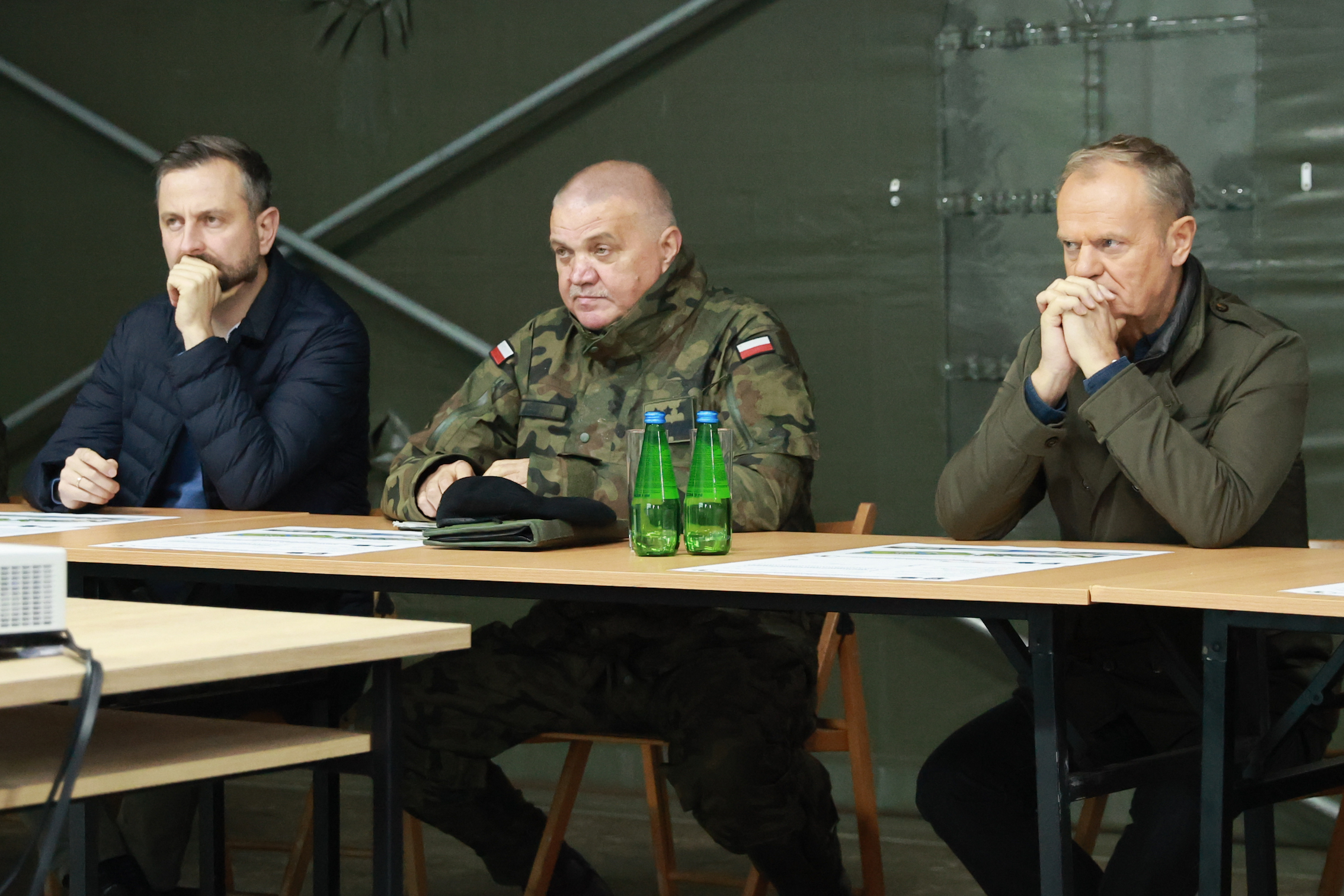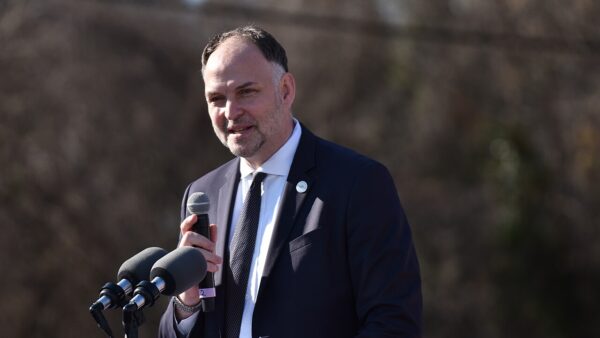
The Polish government this week brought forward the start of construction on the country’s €2.3bn “East Shield” defence line along its eastern border intended to deter Russian attacks through either Belarus or Ukraine.
During a visit to the Land Forces Training Center in the northeastern town of Orzysz with Prime Minister Donald Tusk on 14 October, Polish Deputy Prime Minister and Minister of National Defence, Władysław Kosiniak-Kamysz, said construction of modern fortifications would start this year, not in 2025 as originally planned.
“The East Shield is there to deter the enemy, so that no one would ever think of attacking Poland, of attacking NATO’s eastern flank. That’s why we’re going to build it,” Kosiniak-Kamysz said.
He added that East Shield had three main purposes: impeding the mobility of enemy troops; facilitating the mobility of Polish troops; and protecting Polish soldiers and civilians.
Work on fortifications, military warehouses, reconnaissance facilities and other defences are set to last until 2028.
Plans for East Shield were first unveiled in May.
Donald Tusk said during the visit that Poland plans to allocate 4.7% of GDP, or €43.3bn, to defence in 2025 – a 36.5% increase on 2023.
“This is an undertaking designed to last for years,” Tusk said.
“Its main task is to effectively deter a potential enemy so that there is no war here. This is a strictly peaceful task.”
Testing defences
During the visit, units from Poland’s 16th and 12th Mechanised Divisions and the 2nd Engineer Regiment conducted exercises to test existing defences.
The prime minister’s office said the exercises “will allow for a thorough examination of operational needs and the adaptation of defense infrastructure to future challenges”.
Tusk added: “There will also be European funds for all of this, not just national ones. I will also be talking about this in the coming days and weeks in Brussels.”
On 28 September, defence ministers from Estonia, Latvia, Lithuania, and Poland met to call for EU funding for their proposed “Baltic Defence Line” (see Further reading).
- Subscribe here to get stories about construction around the world in your inbox three times a week
Further reading:










